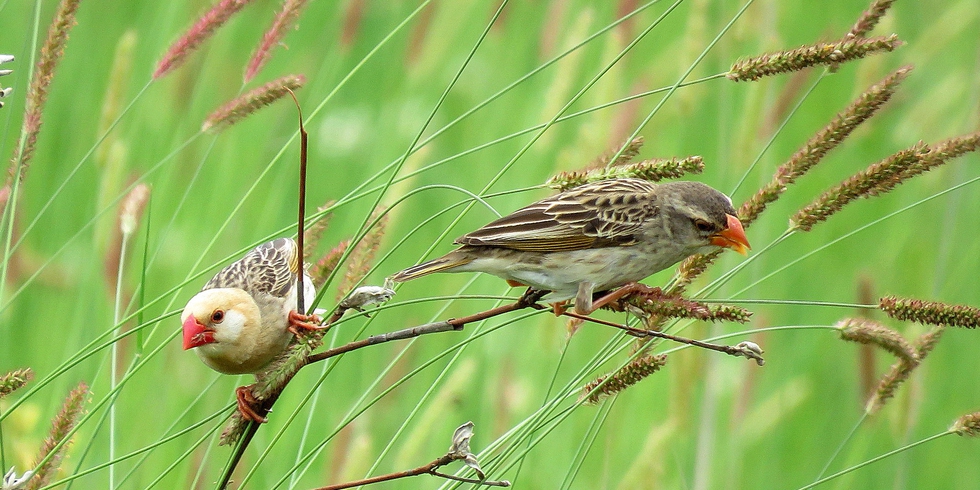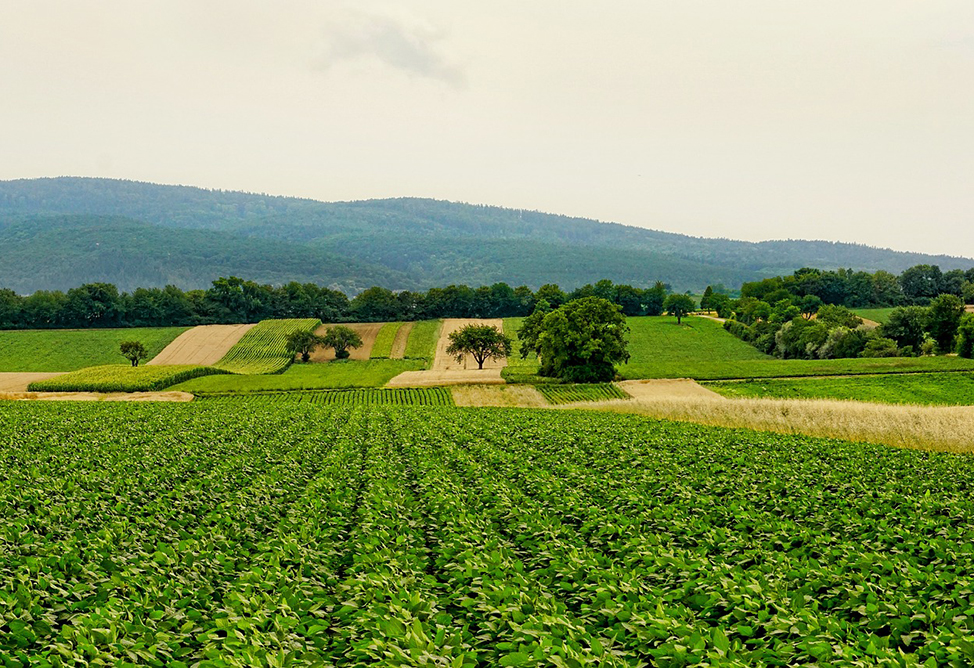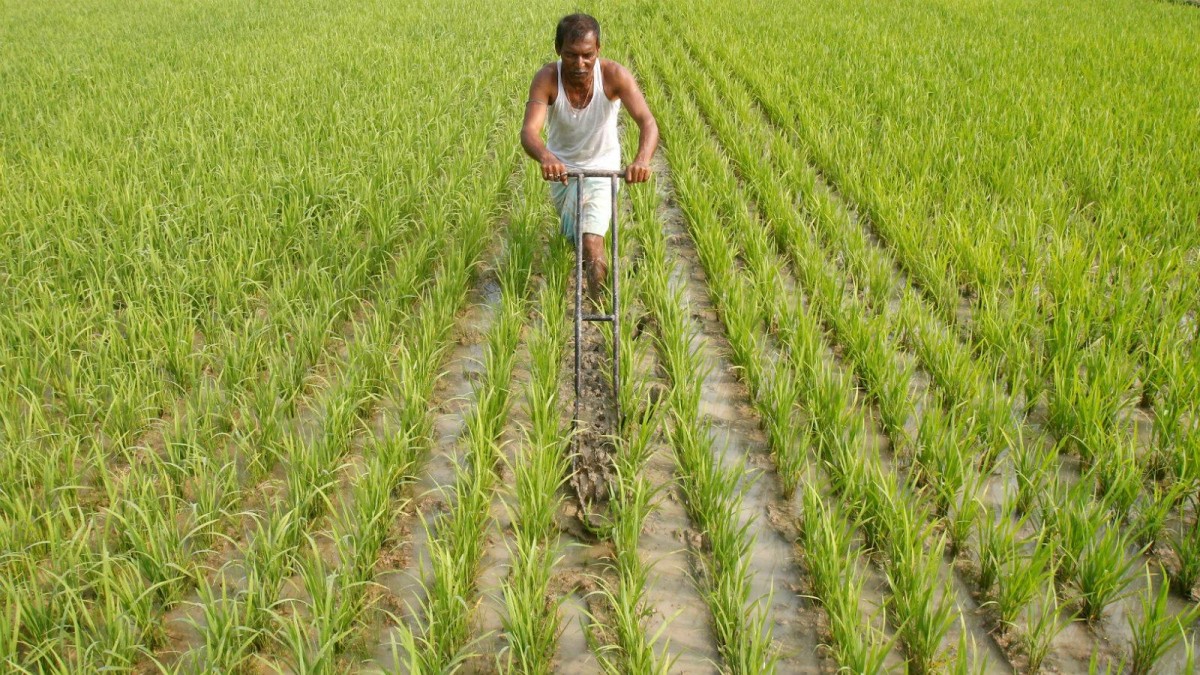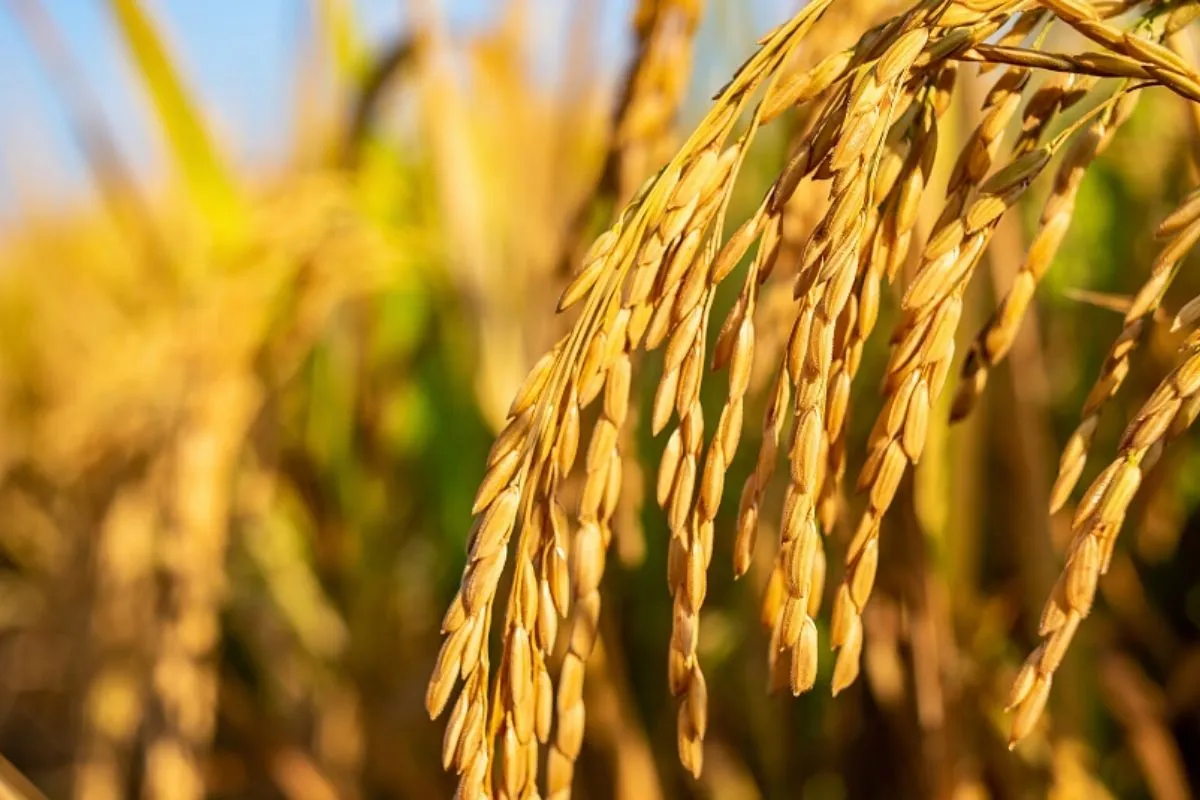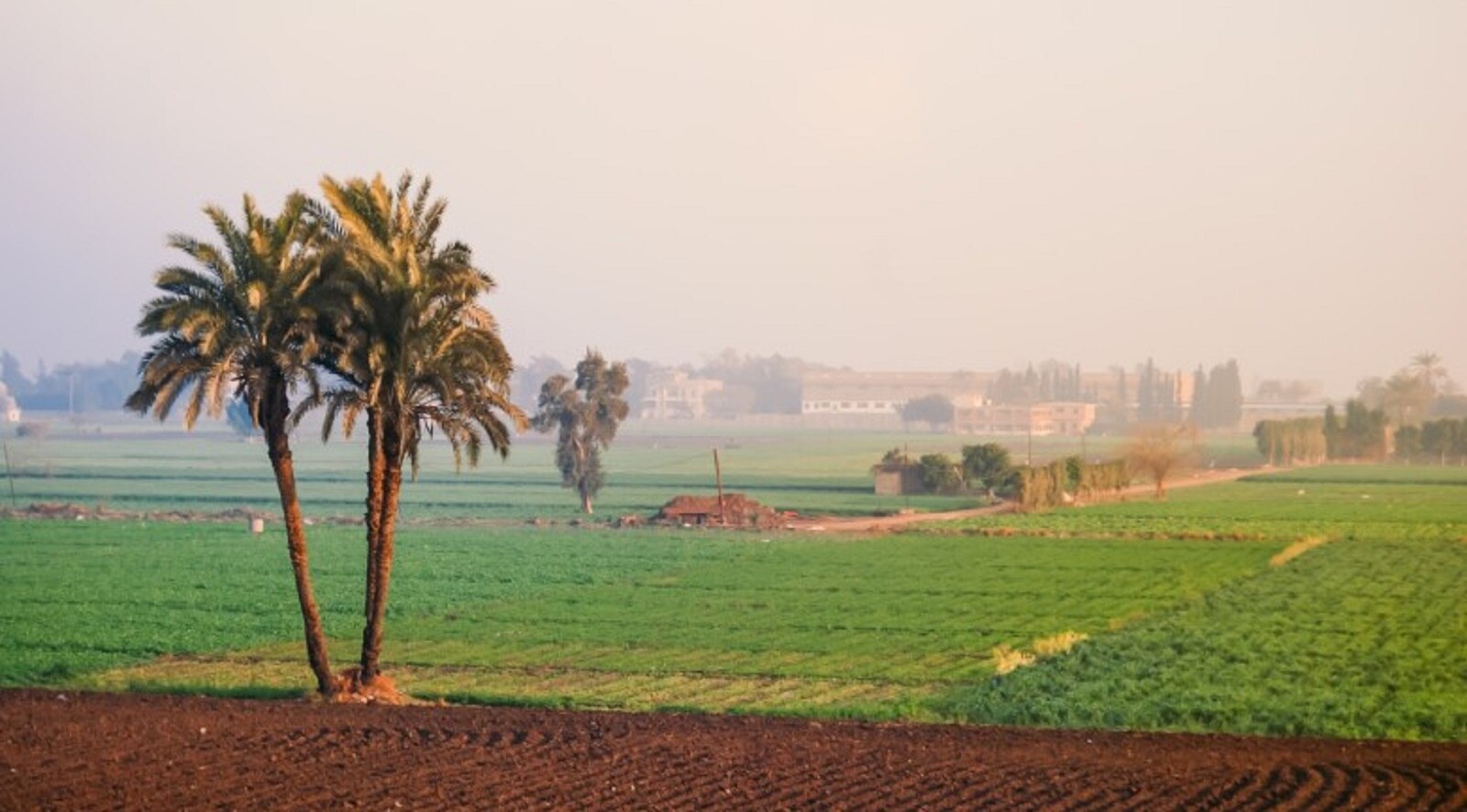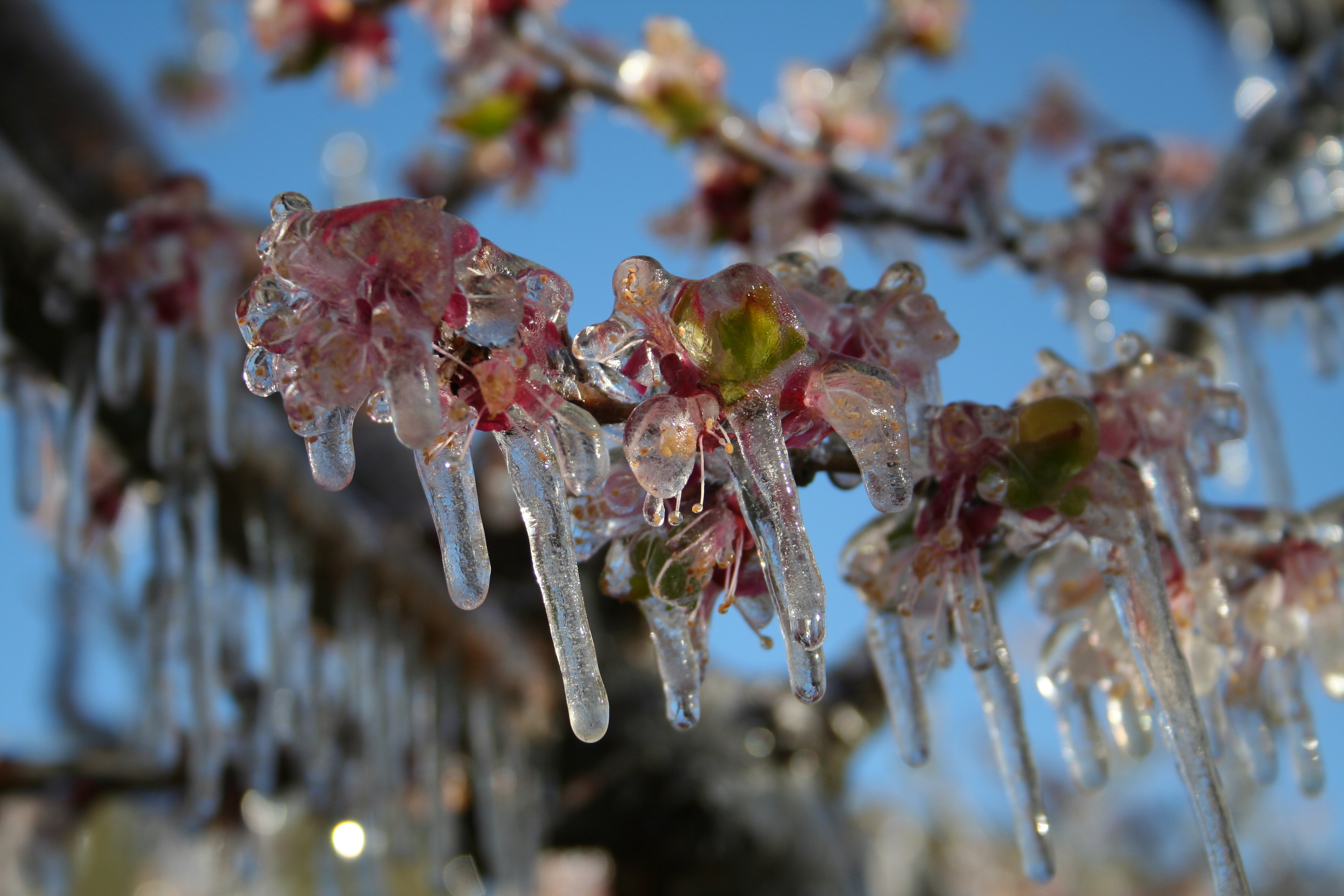Natural predators like birds, beetles and bugs might be an effective alternative t pesticides, keeping crop-devouring pests populations down while boosting crop yields, researchers said Wednesday.
Pests are responsible for around 10 percent - or 21 million tonnes - of crop losses every year, but controlling them has lead to the widespread use of chemical pesticides.
Could birds, spiders and beetles among other invertebrate predators do the job as well?
Researchers in Brazil, the United States and the Czech Republic analysed past research on predator pes control and found that they helped reduce pest populations by more than 70 percent, while increasing crop yields by 25 percent.
"Natural predators are good pest control agents, and their maintenance is fundamental to guaranteeing pest control in a future with imminent climate change," lead author Gabriel Boldorini, a PhD student at th Federal Rural University of Pernambuco in Brazil, told AFP.
Although the researchers did not directly compare the effectiveness of invertebrates versus pesticides, he said, the damage that pesticides cause to ecosystems and biological control was well documented, from biodiversity loss and water and soil pollution to human health risks.
The researchers found that predators were more effective at pest control in regions with greater rain variability - which is expected to increase because of climate change.
The researchers were also surprised to find that having a single species of natural predator was as effective as having multiple species, Boldorini said.
"Generally speaking, the more species there are, the better ecosystems function. But there are exceptions," he said, adding that a single species could do the job just as well.
Climate change and rising carbon dioxide levels affect both crop yield and pest dynamics by expanding the distribution of pests and increasing their survival rates.
Meanwhile, other studies have shown that invertebrates vital for ecosystem health are suffering a rapid decline globally.
Boldorini said the conservation of invertebrates "guarantees pest control and increased productivity, without damaging ecosystems."
Source - https://www.newvision.co.ug


